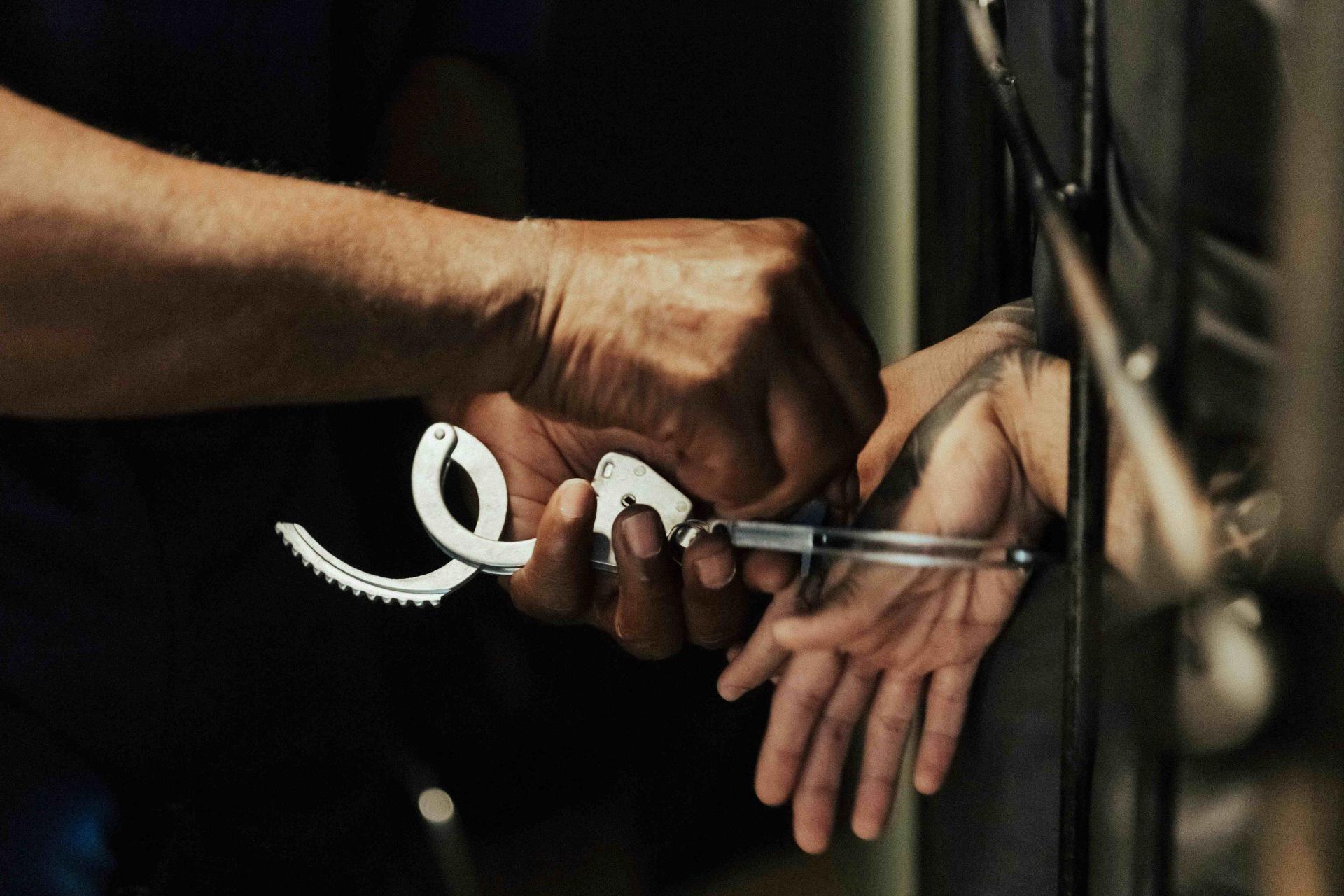Empirical Legal Research Network: Dr Dominic Aitken (University of Strathclyde) ‘Expertise in Criminal Justice'

Location:
Moot Court Room,
Old College
Date/time
Tue 11 March 2025
16:00 - 17:30
About this event
Ours is a world of ‘experts’. With the rise of the professions in the nineteenth century and the mass provision of higher education in the twentieth, specialist research-based knowledge now pervades what we do and how we understand ourselves. Crucially, the growth of knowledge production in the public, private and third sectors has expanded and pluralised the meaning of ‘expertise’. Whereas previously the label ‘expert’ was a narrow, exclusive one denoting only the brightest and best, in the twenty-first century myriad professionals, practitioners and policy entrepreneurs all assert their expertise, including so-called ‘experts by experience’. For all the clamour about populist distrust of expertise, the problem is not that there are too few experts in our public life, but that there are potentially so many.
These broader currents have left their mark on criminal justice, from ‘coercive control’ models of domestic abuse to ‘trauma-informed’ sexual offence trials and ‘public health’ approaches to problematic drug use. But what exactly is ‘expertise’ in criminal justice, and what makes someone an ‘expert’? Are there different types of expertise in criminal justice, and if so what are they? What role can and should experts play in shaping criminal justice policy? Expertise, I argue, is first and foremost an internal quality of a person or collective, characterised by the intentional acquisition of outstanding knowledge and skill in a specific domain, which tends to be externally recognised by authoritative institutions. I then suggest that different kinds of knowledge – propositional knowledge that, practical know-how, and acquaintance knowledge of – are increasingly presented as distinct bases for claims about expertise in criminal justice. Since there is already a deep stock of folk knowledge about criminal justice, and because the consequences of criminal justice concern us all, what influence experts should have is an open question. I conclude therefore that expertise in criminal justice is doubly contentious: there is a current of scepticism about the substance of criminal justice expertise itself, accompanied by democratic disputes about the proper relationship between expert knowledge and public power.
About the speaker
Dr Dominic Aitken joined the University of Strathclyde as a Lecturer in Criminal Law in August 2022, having previously been a Lecturer in Criminology at the University of Bath (2020–22) and an Associate Lecturer in Criminology at the University of Roehampton (2018–20). His research is broadly concerned with the history and politics of criminal justice and migration control, and draws on ideas from both law and the social sciences. His main focus to date has been on coercive institutions such as prisons and immigration removal centres, and his writing on these areas has been been published in Punishment & Society and The British Journal of Criminology, respectively.
In 2019, Dr Aitken completed his DPhil at the Centre for Criminology, University of Oxford, researching responses to deaths in custody. His doctorate was supported by a competitive ESRC 1+3 Studentship. Prior to his DPhil, he completed an MSc in Criminology & Criminal Justice (Distinction) at the University of Oxford, receiving the Roger Hood Prize for the top graduate. In 2014, he was awarded the Lord President Cooper Memorial Prize for the most distinguished undergraduate in Law at the University of Edinburgh.
Organiser: Dr Gabrielle Watson, Chancellor’s Fellow and Director, Empirical Legal Research Network, gabrielle.watson@ed.ac.uk
This event is hybrid.